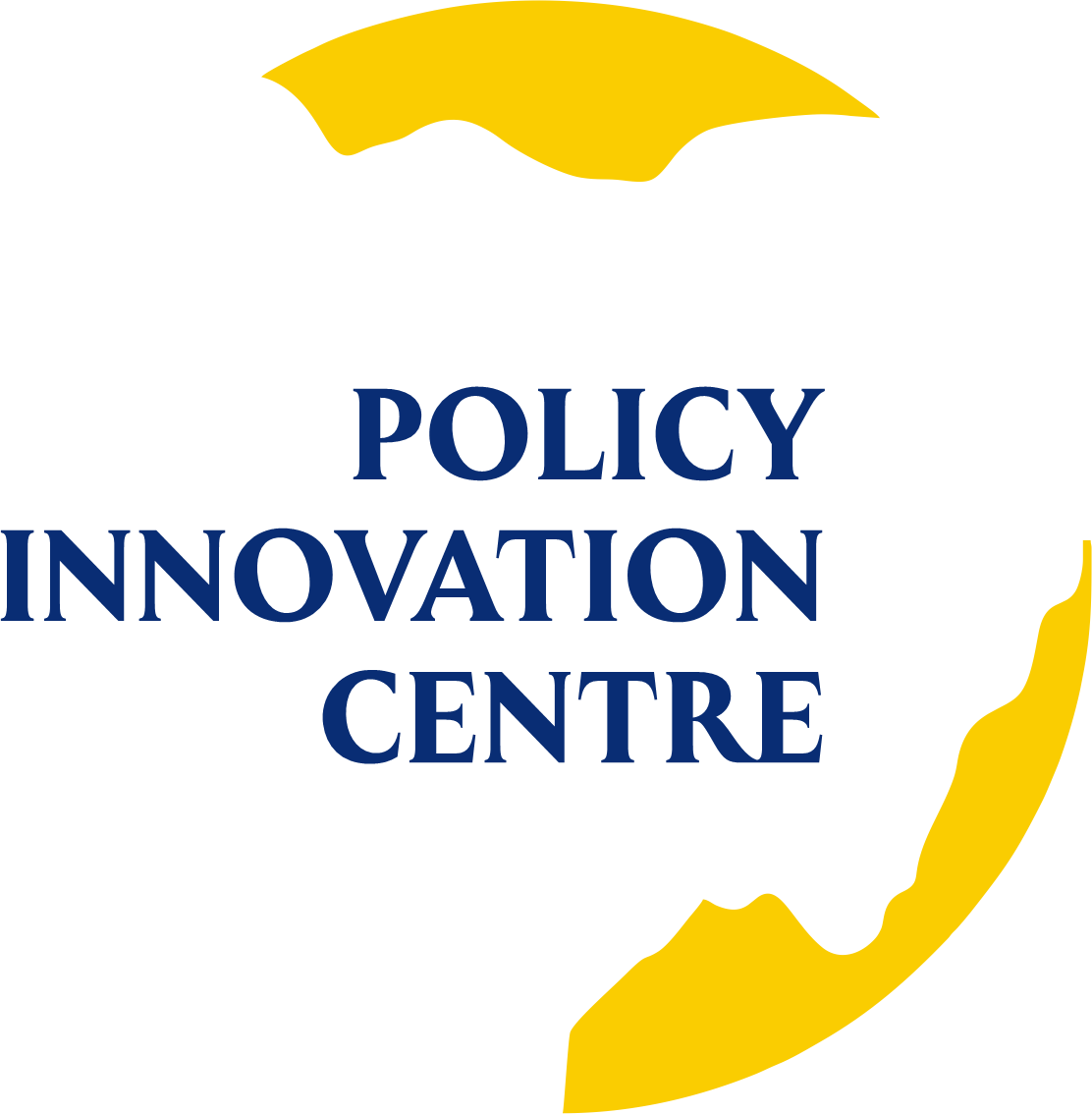Gender and Social Inclusion
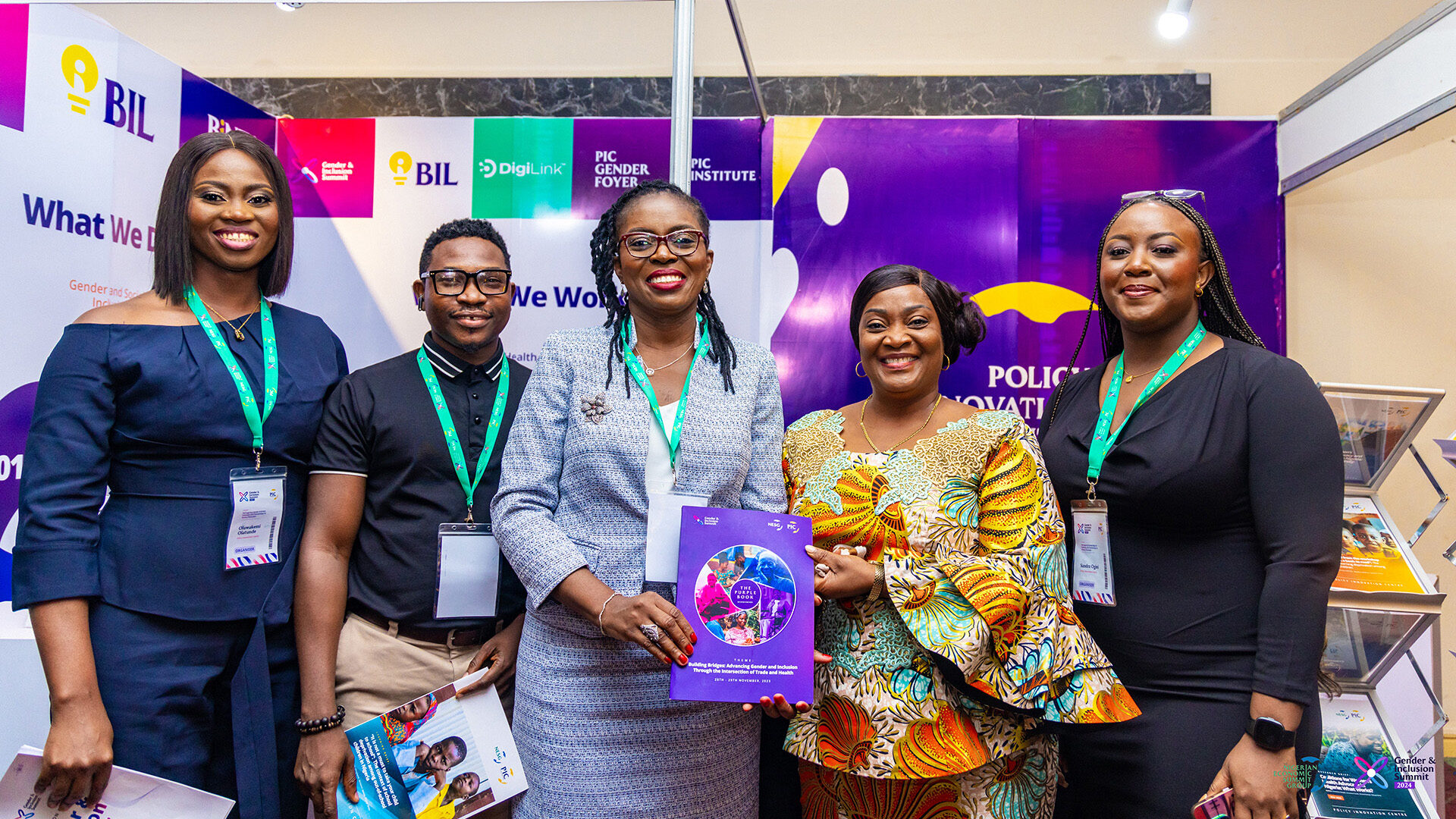
At the PIC, our Gender Equality and Social Inclusion (GESI) program is focused on supporting an enabling policy environment for gender and social inclusion; gender systems strengthening as well as gender transformative programming.
Our Gender and Social Inclusion programs are hosted at the Gender Foyer
We leverage our expertise and insights from behavioral science, psychology, sociology, and anthropology, engaging this interdisciplinary approach to understand human behavior and decision-making; the drivers, contexts, facilitators, and possible opportunities to shape it for social good.
To do this, we engage rigorous approaches like Randomised Controlled Trials (RCTs), experimentations, and qualitative approaches like contextual inquiries, observations, and ethnography to unbundle the context for behaviour to change. Aside from using behavioural frameworks for diagnostics and intervention design, we are emphatic about using user-type data and consumer insights to build products, services, policies, and programs/interventions that are effective, in-demand, and utilised. We conduct user research (UI/UX), co-create and design products, test and implement them, and assess the opportunities to scale.
Our Approach
Our sustainability approach to GESI embeds capacity building, skills transfer, and participatory strategies to facilitate ownership and positive social change.
Our GESI program’s theory of change, therefore, has these as some of the final outputs: building agency for all genders across life stages, the redistribution of power relations, and the transformation of institutions; so that everyone can realize their full potential, contribute as well as benefit equally from social, political and economic development. Thus, we utiltise a gender-responsive/transformative approach.
Impact
At the PIC, our Gender Equality and Social Inclusion (GESI) program is focused on supporting an enabling policy environment for gender and social inclusion; gender systems strengthening as well as gender transformative programming.
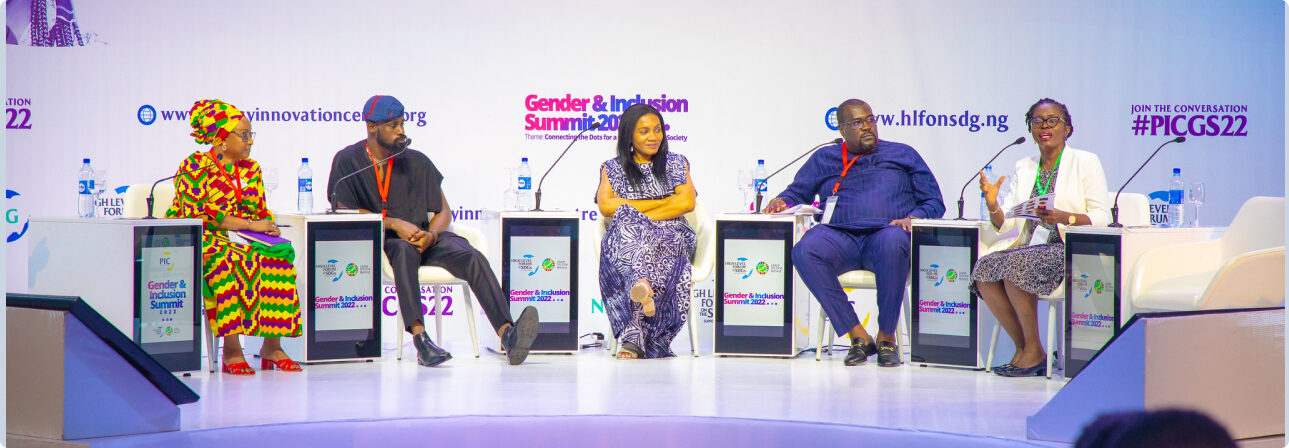
Under the Policy and Governance Pillar, the PIC conceptualized the Gender and Inclusion Summit in 2022 as an annual event to provide an inclusive platform to explore transformative ways to advance gender-responsive governance and inclusion in Africa.
Under our Gender System Strengthening Pillar, we deliver gender-focused capacity-building programs. Our flagship initiatives are the Certificate Course in Gender and Development, alongside the Gender for Private Sector Development program and sector-specific gender-focused training. These programs are designed to build the capacity of participants on gender and its multi-faceted application to development.
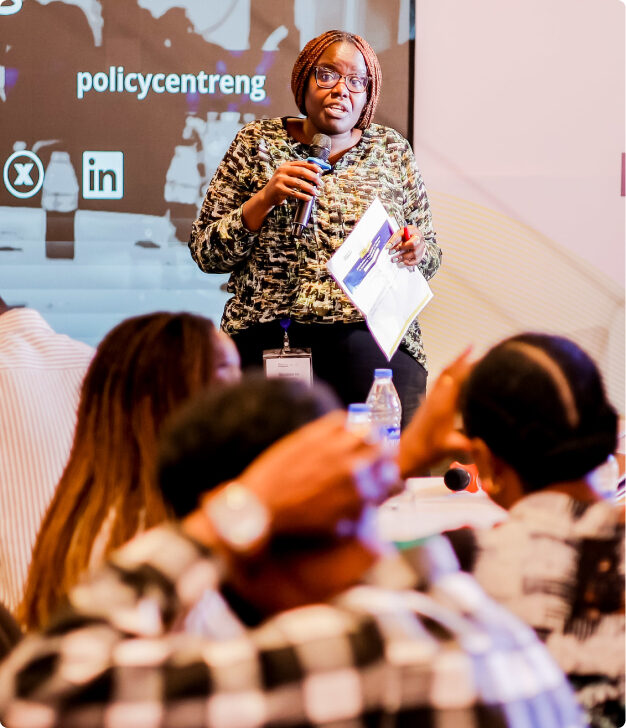
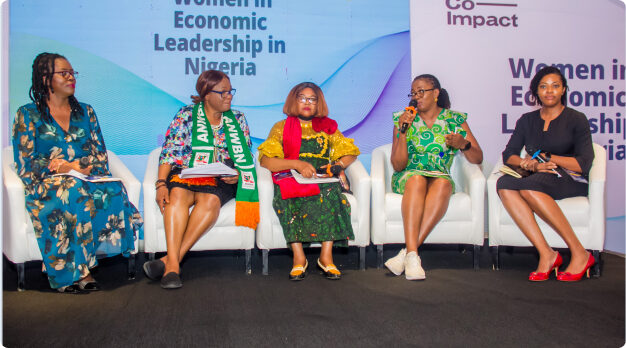
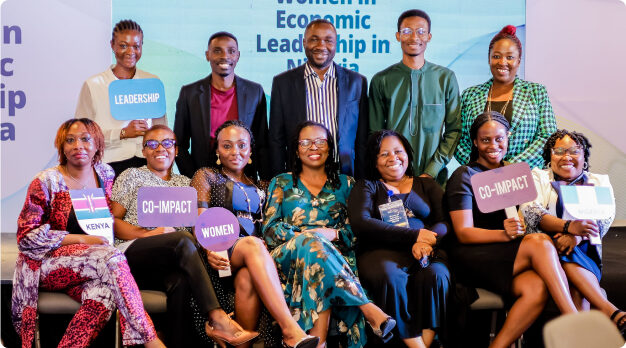
Through our gender and social inclusion pillar, we generate evidence to drive the adoption of gender-transformative approaches across sectors. These initiatives aim to address systemic barriers and promote equitable opportunities for all. Key accomplishments include a scoping assessment of women in economic leadership in Nigeria, which provided valuable insights into the barriers and enablers affecting women’s advancement to leadership roles.
This evidence has informed strategies to foster inclusive leadership environments. PIC also providing technical support to the Lagos State government for the development and domestication of the Women Economic Empowerment Policy Implementation Roadmap, which enhances the state’s commitment to gender-responsive governance. Additionally, recommendations from the gender analysis of Nigeria’s mining sector conducted by PIC generated evidence that contributed to the creation of the Gender Strategy of the Mining and Steel Industry in Nigeria, a significant step toward fostering inclusivity within the industry.
